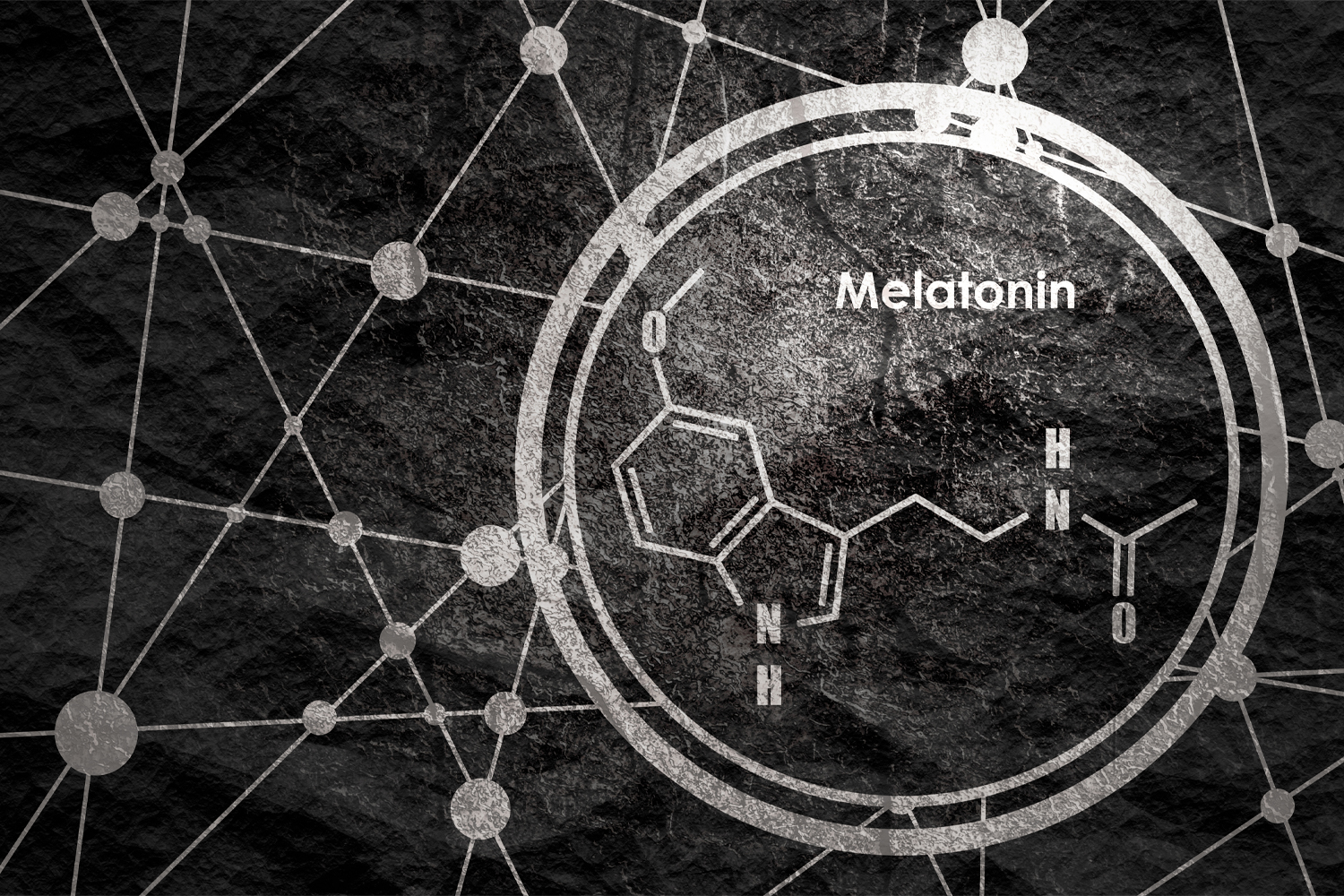Researchers are looking at sleep-inducing melatonin as a possible immunity enhancer in the fight against COVID-19. While the hormone has not shown antiviral activity, it may reduce the severity of infection.
“Melatonin’s beneficial effects derive from its anti-inflammatory properties, free radical scavenging activity, and immunomodulatory functions,” according to an article by neuroendocrinologist Russel J. Reiter, PhD, and others.
The researchers suggest using it as a preventive or in treatment, either alone or with other therapies. “Melatonin is readily available, can be easily synthesized in large quantities, is inexpensive, has a very high safety profile and can be easily self-administered.”
Clinical psychologist Michael J. Breus, PhD, cites “indications that melatonin may reduce the severity of the disease, and the overblown immune response and subsequent severe damage to the lungs” that may happen to the most severely ill COVID-19 patients.
A clinical trial, which researchers expect to complete by the end of 2020, is investigating whether a daily dose of 2 milligrams of melatonin might prevent exposed healthcare workers from becoming infected with COVID-19. Investigators also hope to discover whether “melatonin might prevent the more severe forms” for those who develop the disease.



